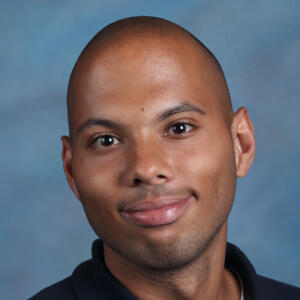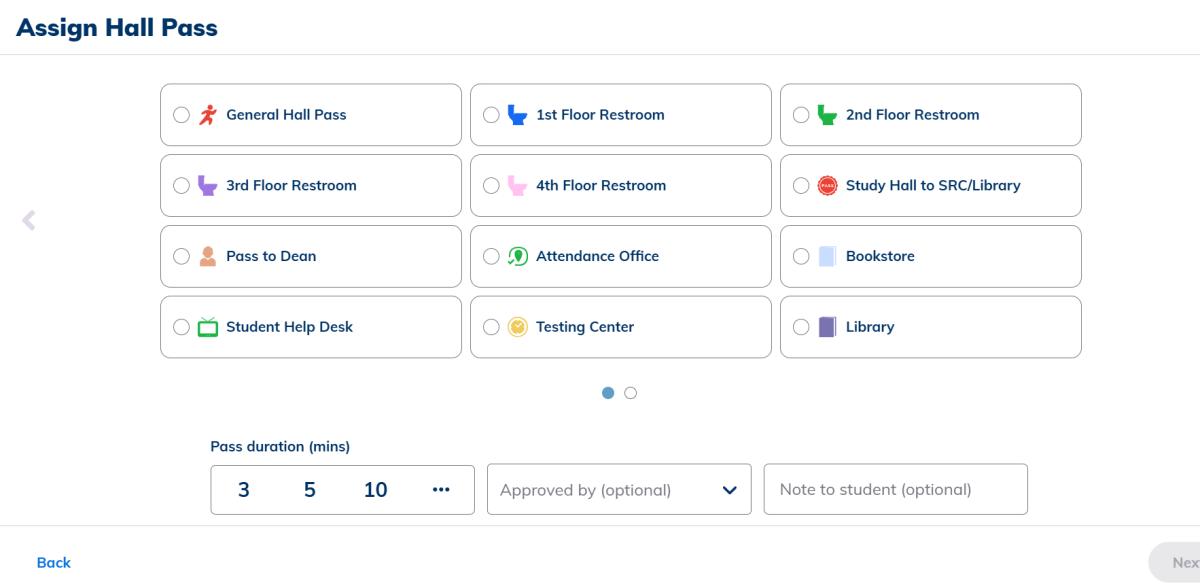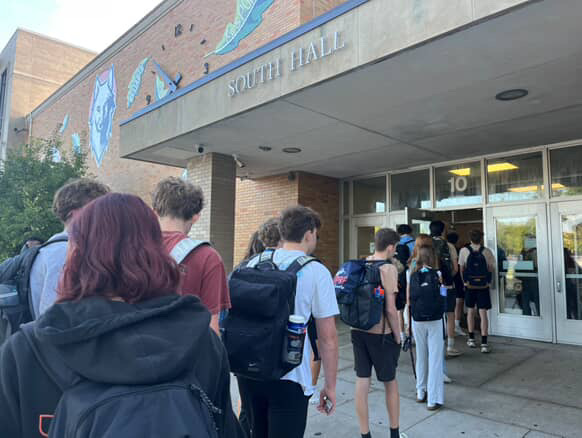$790 million from Northwestern. $1 billion from Cornell. $2.2 billion from Harvard. Under the administration of President Donald Trump, the federal government is making significant changes to higher education. It is defunding research on select topics, outlawing diversity, equity and inclusion policies and withholding federal grants and contracts. But what does this mean for Oak Park and River Forest High School students?
According to research compiled by OPRF, 87% of 2023’s graduating class enrolled in post-secondary education. By 2029, when the Trump administration leaves office, all current OPRF students will have graduated high school, with the majority of them moving onto higher education. Therefore, federal changes are relevant to OPRF students, no matter their age or post-graduation plans.
Senior Sonia Lavery applied to 16 colleges this year, and is currently deciding between Ohio State University and the University of Illinois. She said that the volatile nature of federal college funding “makes me a bit nervous because I’m wondering about the nature of my financial aid package and what it’ll mean for my future in college.”
“They’re withholding funding on all kinds of levels,” added OPRF counselor Heidi Lynch. Additionally, with the market on a decline in the last few months, even colleges with large endowments are at a huge loss, as most endowments are invested in the stock market.
Isabel Stickney is a senior committed to Northwestern University, among the colleges hit hardest. “I’m more worried about the message this presidential overuse of power is putting out than the funding,” she said. “I’m not going to be able to do research or take certain history classes. [Northwestern] is being silenced and threatened with money, and I just want them to stand up for the greater good.”
Laro Martinez-Santos is committed to study applied mathematics at the University of St. Andrews in Scotland. “I think that in terms of what’s happening in the U.S. right now, I definitely wanted a secure education that couldn’t be potentially affected (by) what’s happening here,” he said.
For next year’s admissions cycle, current juniors are already exploring their options. “With all the uncertainty of what future universities hold, the option of going abroad to study sounds more and more appealing solely based on the fact that my education would be affected by political agendas,” said junior George Barkadjija, who plans to apply to five or six international universities.
U.S. and global colleges tend to differ in cost, with international universities typically having a cheaper net price, according toU.S. News and World Report. “I think that we should make college so much more affordable. It is unaffordable for so many kids and families. It’s ridiculous, and it makes me sad for democracy,” added Lynch.
In the U.S., the most widely used college application platform is Common Application. According to data compiled by the company, 9.5 million applications were sent in the 2023-2024 admissions year. Other nations typically use differing application platforms, with The Universities and Colleges Admission Service (UCAS) being popular in the United Kingdom, for example. Interested students can familiarize themselves with these differences and ask their counselor for help before applying to non-domestic colleges.
Lynch said students often weigh college choices in two different ways: with emotional reactions, like “Do I like snow?” or analytical decisions like “Do they have the best grad school placement?” As political pressures mount and universities adjust to financial uncertainty, she reminded students to focus on the latter, especially as emotional reactions can lead to unnecessary stress and frustration.
“[Universities] have to fill their beds,” she said. “They have to fill their programs. They have to balance their budgets, they have to make decisions…that aren’t in alignment with your hopes and dreams.”






